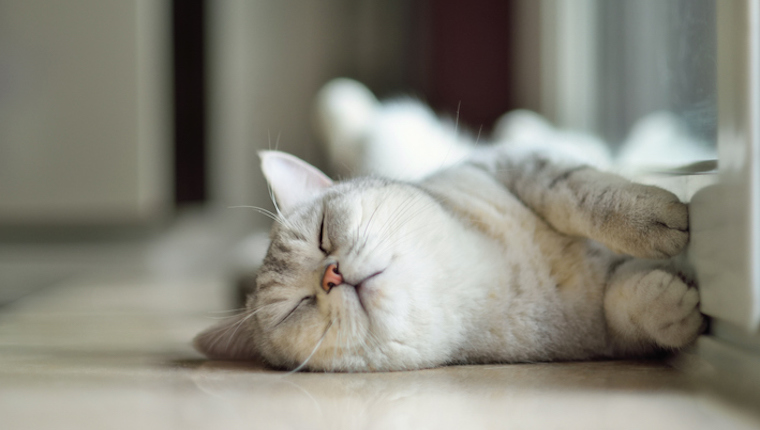The second week of March is known as Sleep Awareness Week, so it’s a great time to talk about sleep, whether it’s humans or cats who need a snooze.
When it comes to felines, we all know that our kitty friends absolutely love to nap, catch 40 winks, and siesta their way through the day.
So let’s dig a little deeper into the…






